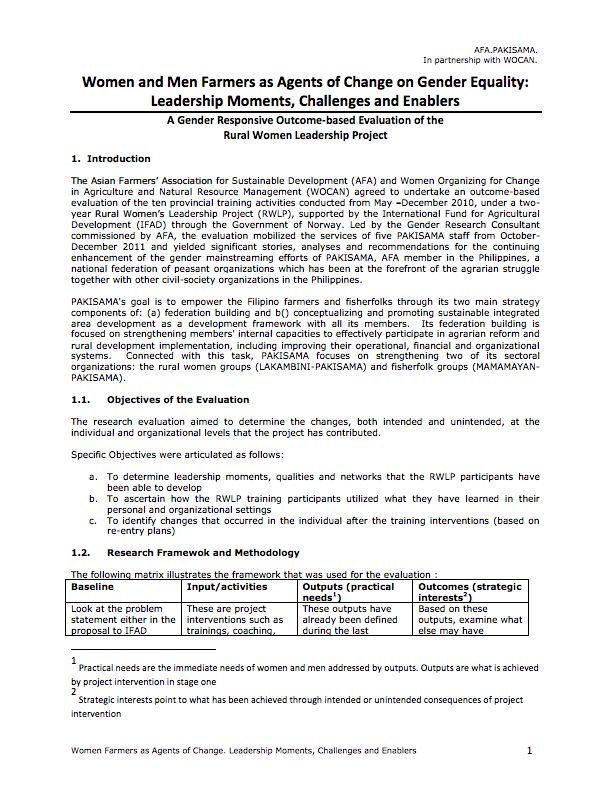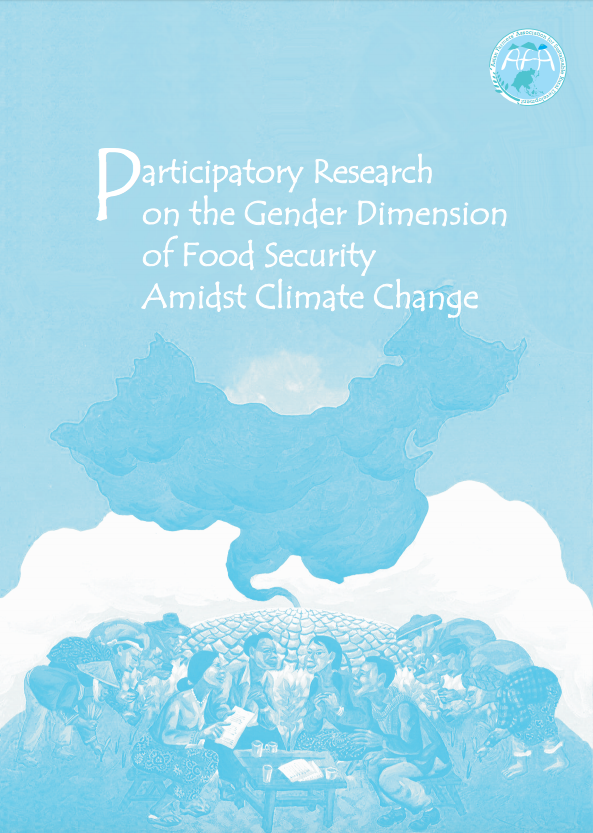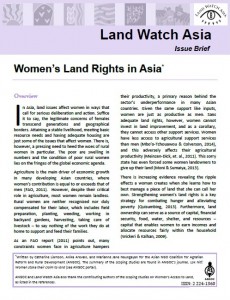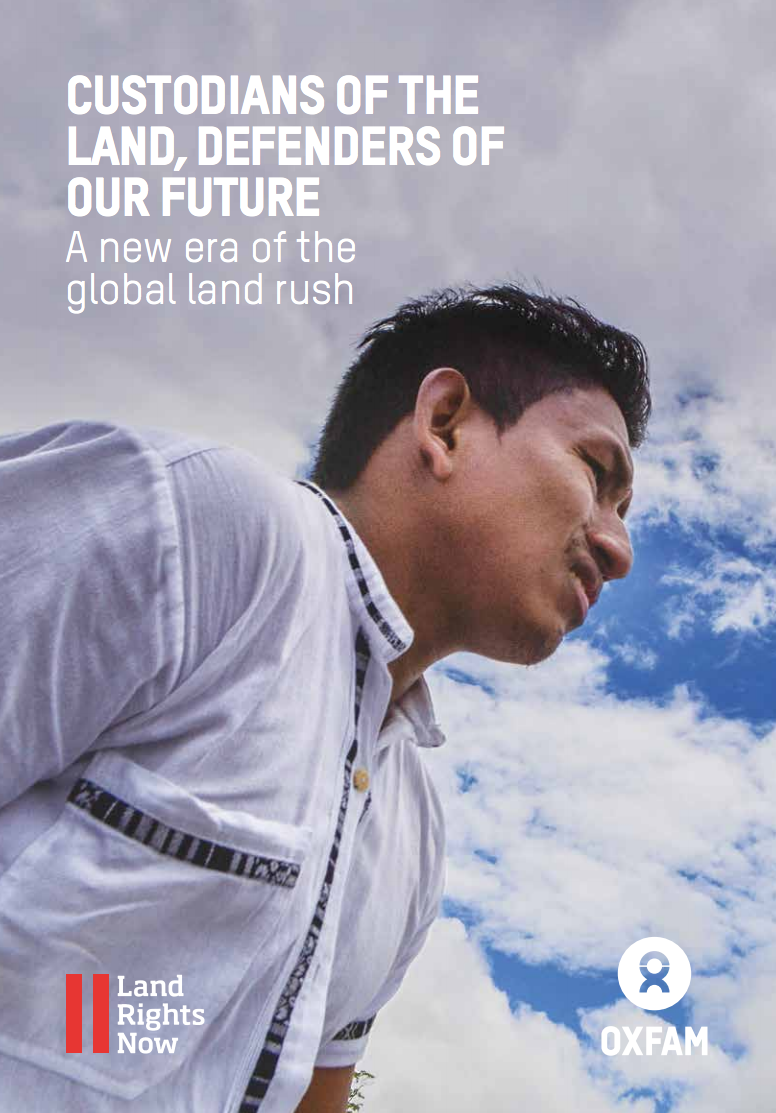Women and Men Farmers as Agents of Change on Gender Equality: Leadership Moments, Challenges and Enablers
The Asian Farmers’ Association for Sustainable Development (AFA) and Women Organizing for Change in Agriculture and Natural Resource Management (WOCAN) agreed to undertake an outcome-based evaluation of the ten provincial training activities conducted from May –December 2010, under a twoyear Rural Women’s Leadership Project (RWLP), supported by the International Fund for Agricultural Development (IFAD) through the Government of Norway.








